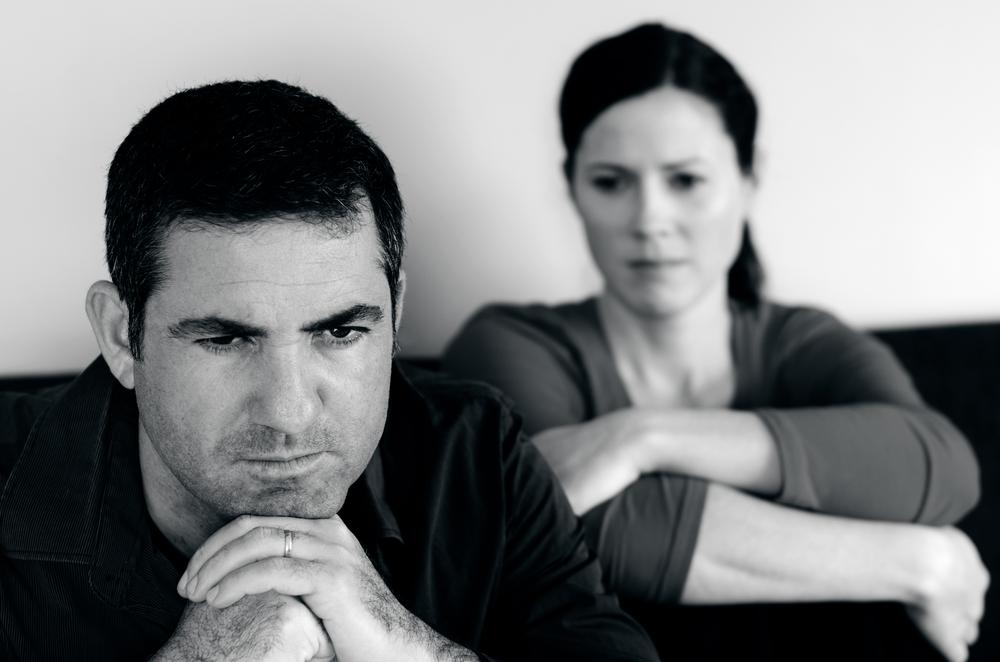Many couples come to my office because they don’t feel deeply connected. Often, one of them is lonely in the relationship because they feel like they can’t bridge the distance.
These couples describe their relationships as containing little intimacy. But something recently reminded me of the divine ingredients of connection and how simple—but not easy—it can be to (re)connect.






